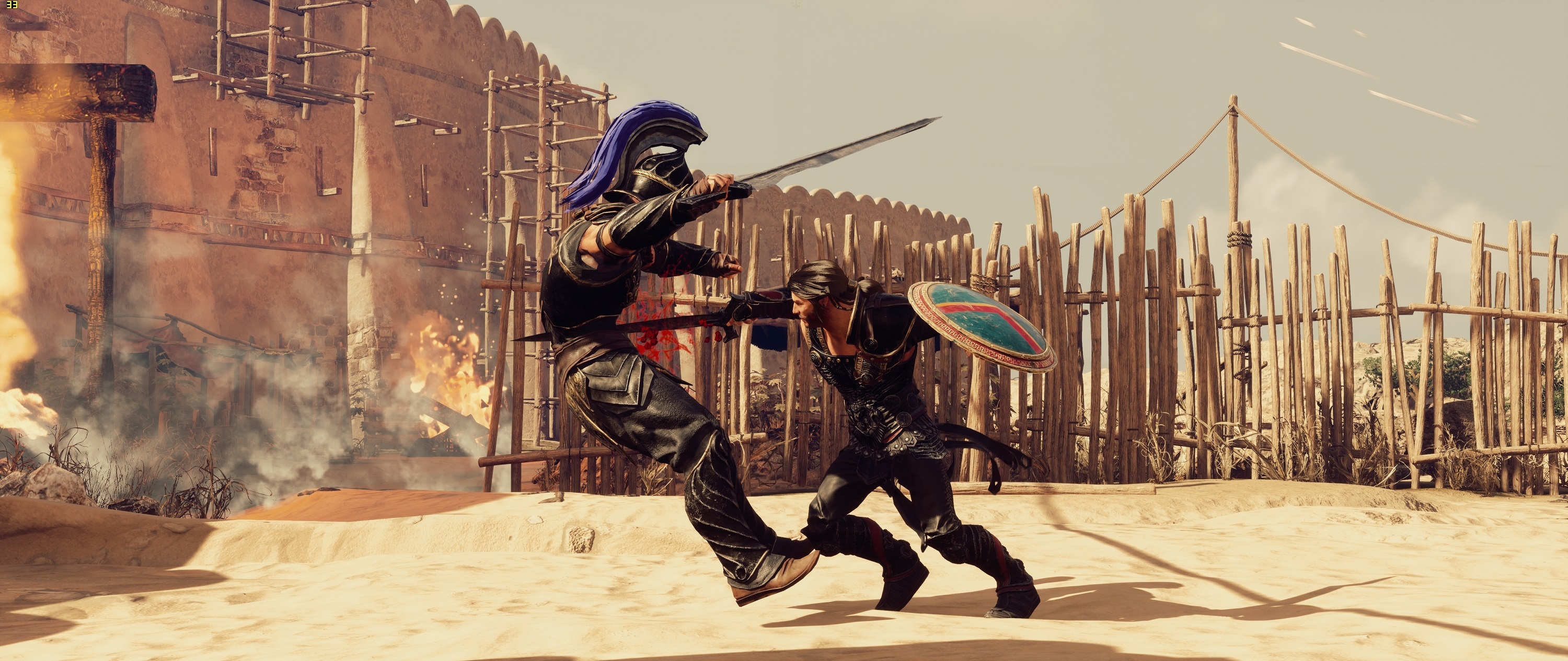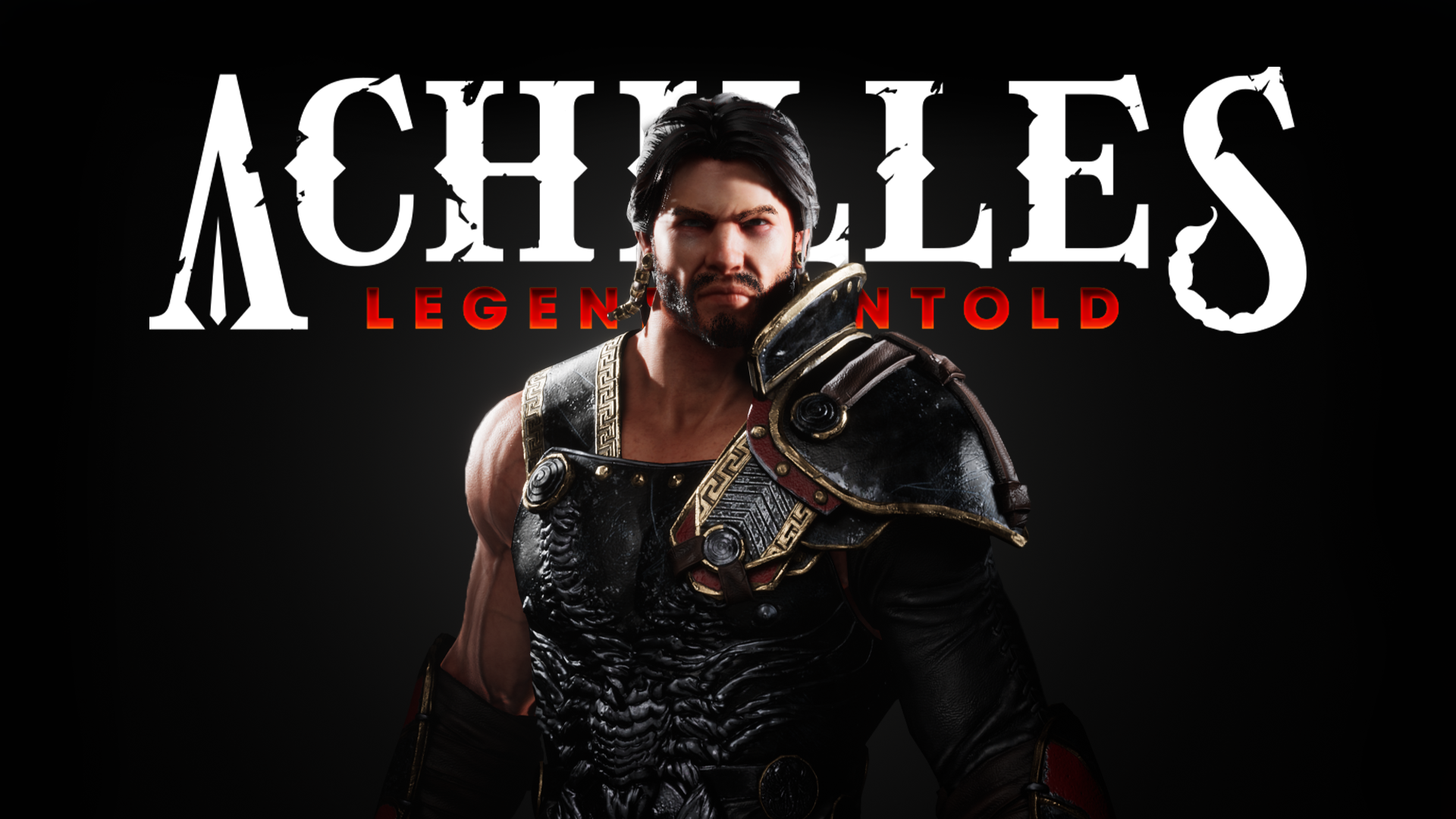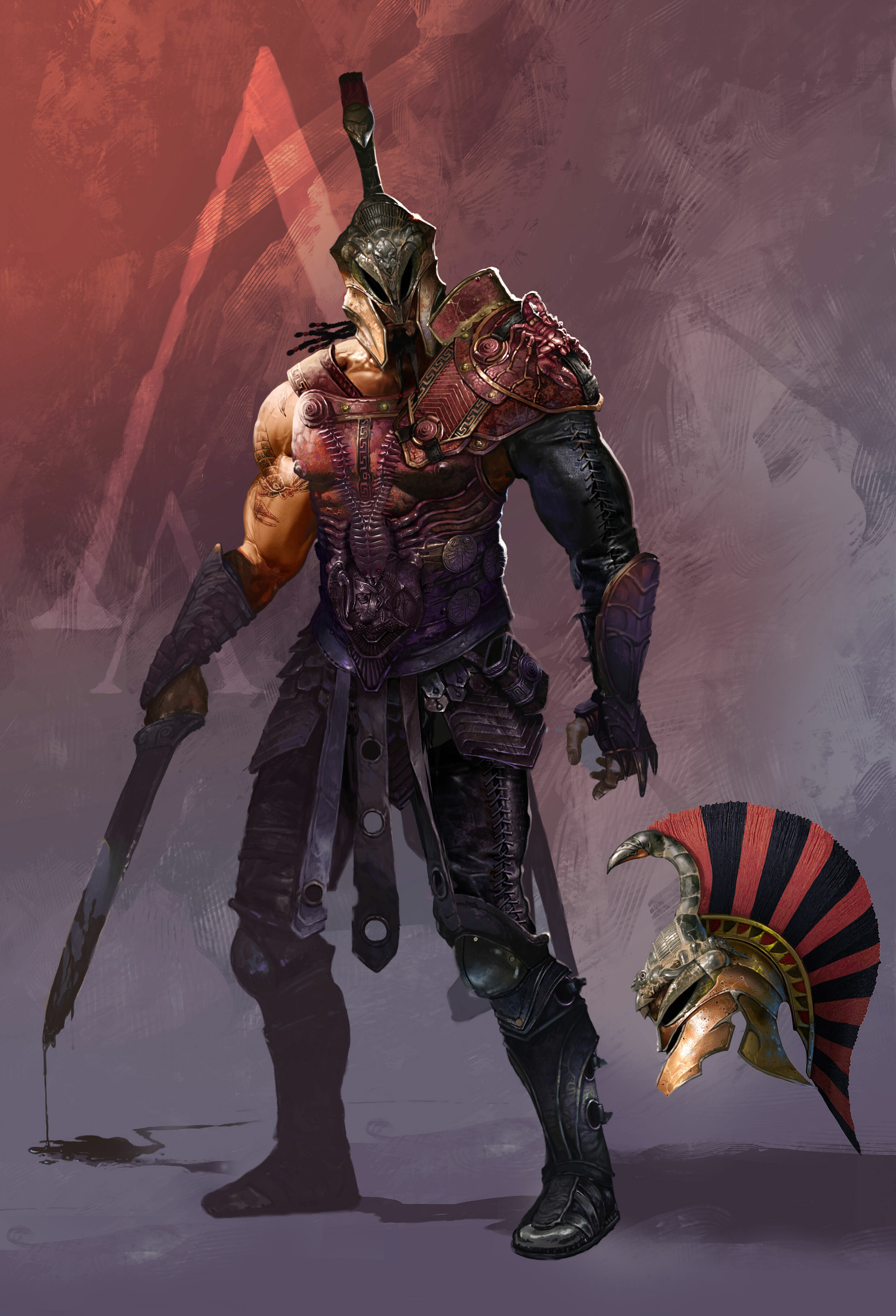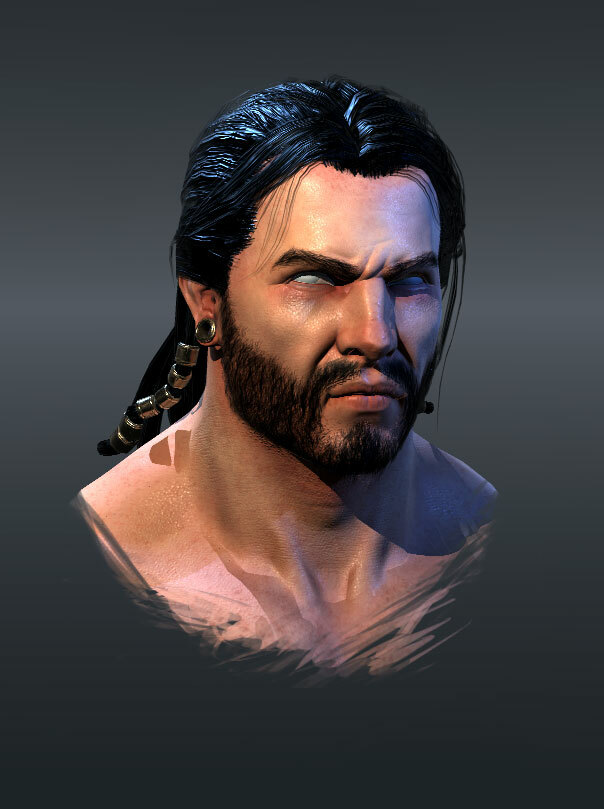Clearing all doubts - Achilles is soulslike with a soul!

One of the most common questions we get from you, both in comments and our email inbox, is "why do you describe your game as a soulslike?".
The idea behind the first trailer we published was more to introduce you to the mythological tale's atmosphere than to present gameplay, so it's no wonder you have doubts. It's quite popular lately, after all, to write that a game is "a Dark Souls of a particular genre" by looking at it from the perspective of difficulty level. Did we do the same? Did we want to tap into the popularity of this genre?
The answer is - NO. To clear all doubts, Achilles: Legends Untold is a soulslike game at its core. Yes, we aim for a slightly lower entry point, because we want our game to help players fall in love with this genre. However, long-time fans of this type of games will find here all the elements they fell in love with while playing other titles under this banner. Including challenging, methodical battles, extensive world exploration, and deep lore. Just picking up a controller will make you feel like a fish in water. Even designing its support, we've done our best to make sure soulslike fans can use their acquired muscle memory.
Why did we choose this particular genre and not the more accessible hack & slash? We've been loving soulslike gameplay ever since it reached the masses in 2009. It just so happens that the majority of our team follows all From Software titles and also plays games inspired by them. This mysterious atmosphere that pours straight from the screen, duels that require long hours of practice and unearthly reflexes, are also very fair to the player... All this builds an image of something very familiar, after all, soulslike is still an action RPG, but also something very unique at the same time.

While wondering what kind of game we would like to create, we collectively came to the conclusion that we have enough ideas and inspiration to add more elements to this uniqueness.
For example, we’ve come up with a new approach to boss fights. Normally, in soulslike games, the players want to tackle the bosses with little “soul” count, so in case of death, they won’t lose as much of this precious currency. In Achilles on the other hand, the more “souls” you bring to the fight, the greater your chance of victory! Also, not every boss in our game must die… but you’ll have to wait for more details a bit longer.
We can't wait for you to delve into the world of Greek mythology. If this is your first time tackling the soulslike genre, we hope Achilles: Legends Untold will help you take your first steps and fall in love with it as we did.
Until next time!
PS: Do not forget about our social media channels. All links you'll find below:
Website Discord Facebook Instagram Twitter Reveal Trailer










